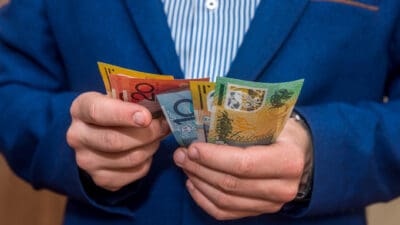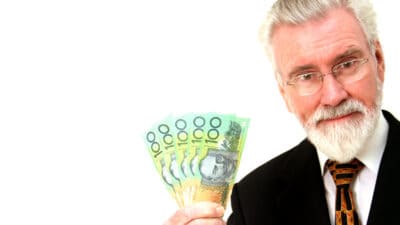As the All Ordinaries (INDEXASX: XAO) index barrels towards its all-time high, share prices are up all round and everyone seems very happy. We haven't seen these levels in the Australian sharemarket since October 2007 and on one level (since it's been 12 years since its last all-time high) it shouldn't be too much of a surprise.
There is one thing that makes our highs of today very different to those of 2007 – interest rates. In October 2007, the Reserve Bank of Australia (RBA) was about to raise interest rates to 6.75% (much to the chagrin of the outgoing Howard government). At the time, inflation was nudging the top of the RBA's target band of 2–3% and you could probably get an interest rate of between 7–8% on your term deposit or savings account.
These numbers seem woefully distant from where we are today. The RBA on Tuesday slashed interest rates to 1%, a record low and you would be lucky to get a 2% term-deposit these days. Although it may have been euphoria pushing the stock market up in 2007, today (I believe) it's purely interest rates. We investors must get a return from somewhere, but the RBA has ensured that two of the buckets that investors traditionally divide their wealth between – cash and bonds – are essentially useless.
Where does the RBA rate cut leave investors?
Investors are left with property and shares, and guess what? Both asset classes have seen stellar growth over the past 3–5 years.
Shares known as 'bond proxies' have seen the biggest growth of all. 'Bond proxies' are shares that boast the safest yields of the ASX due to their stable cash flows and economic 'moats' (as Warren Buffett would put it).
Transurban Group (ASX: TCL), a toll road operator, has seen share price growth of 106% over the past 5 years, despite its earnings not even approaching this level of growth. The same goes for Sydney Airport Holdings Pty Ltd (ASX: SYD), which has seen its share price rise by 90% over the same period. Both of these companies now trade on a price-to-earnings (P/E) multiple north of 50. To put this in perspective, over in the United States (US), Alphabet Inc. (parent company of Google) currently has a P/E multiple of 25. Investors are pricing a toll-roads operator at twice the level of one of the biggest growth-engine companies in the world.
What's behind this pricing behaviour?
It seems that investors are willing to pay almost any price to bank a 'safe' yield on their cash from shares. I don't believe investors buying Transurban shares care about what the share price might do – they just know that they are locking in a 3.84% yield (at current TCL prices) on their capital today. What this bodes for the future, I don't know. But these are certainly interesting times.








